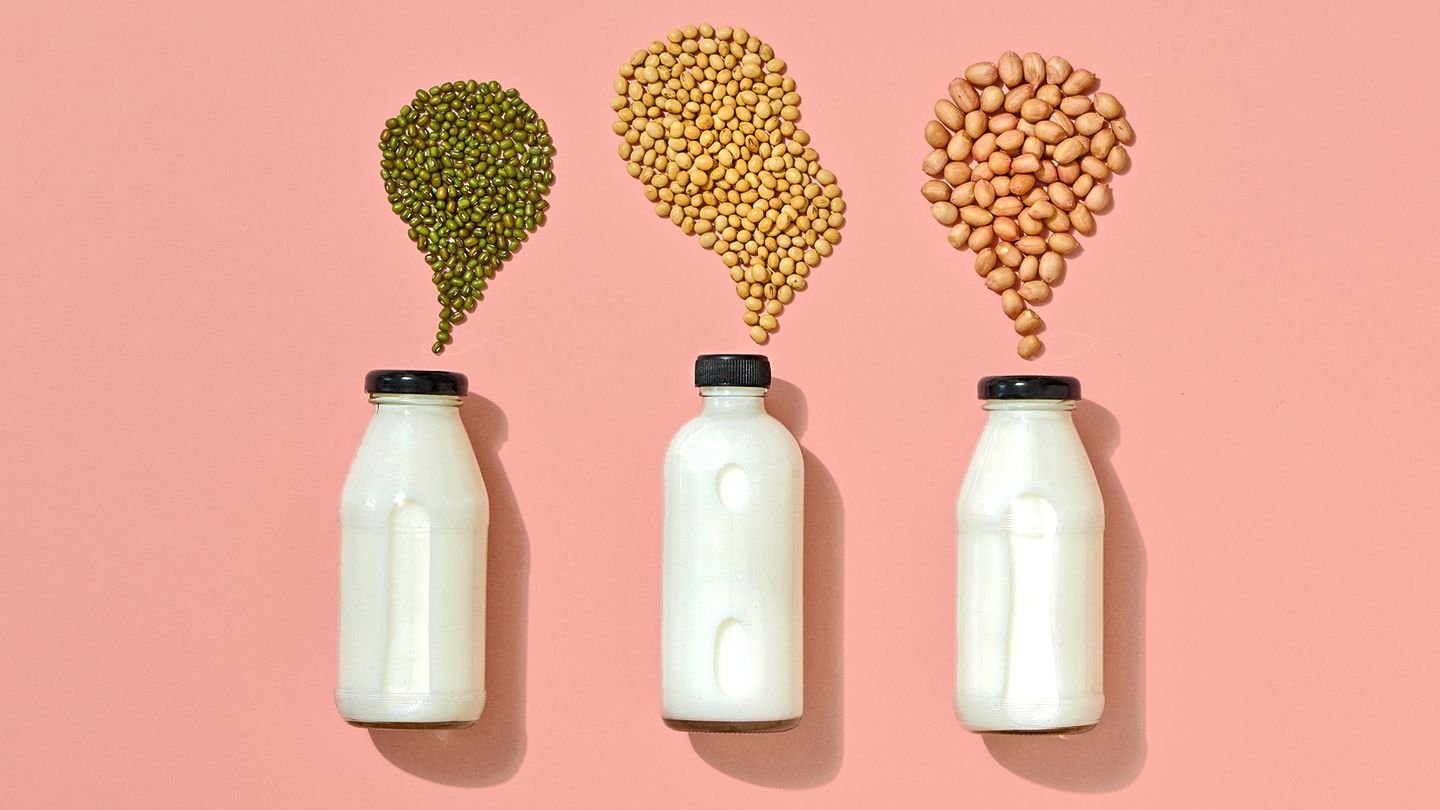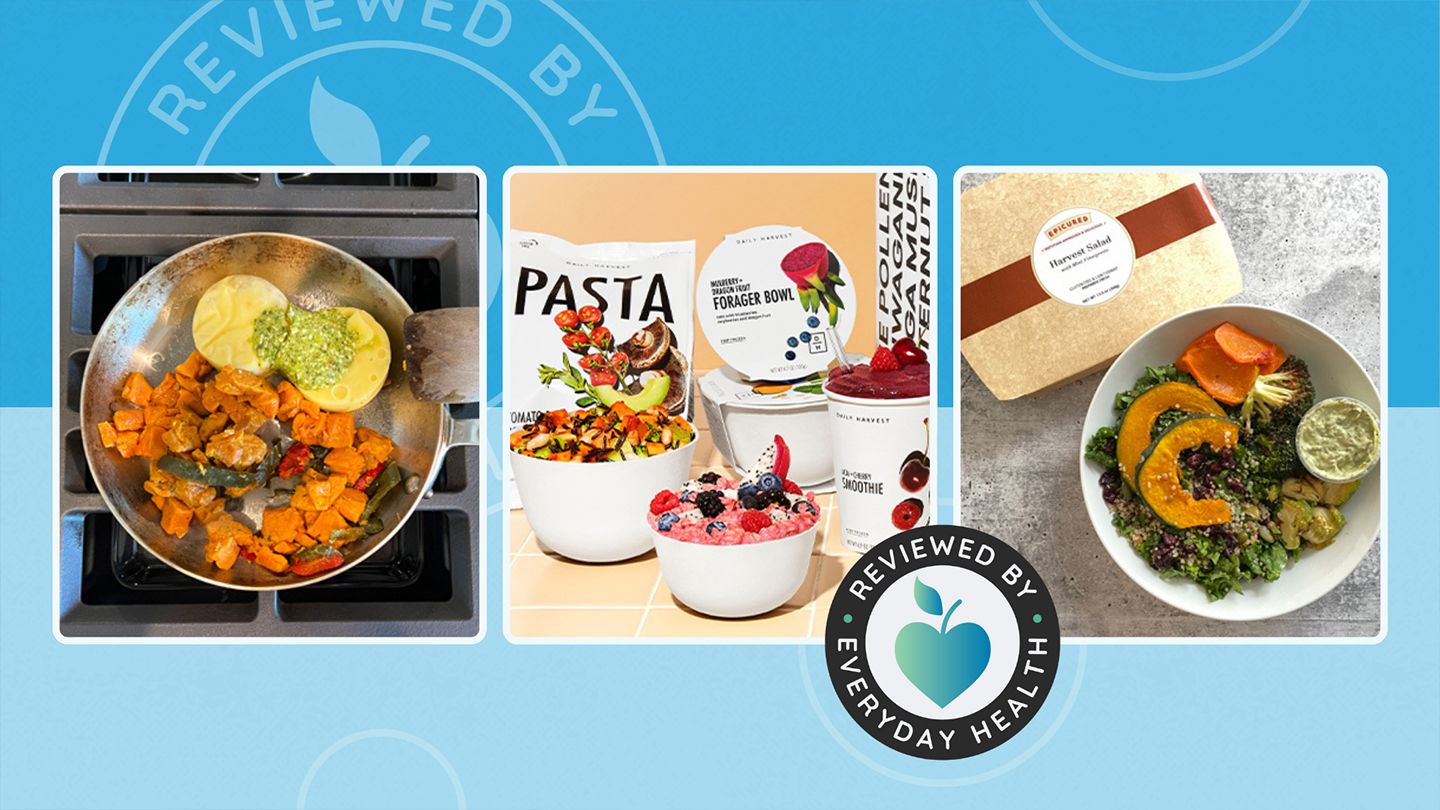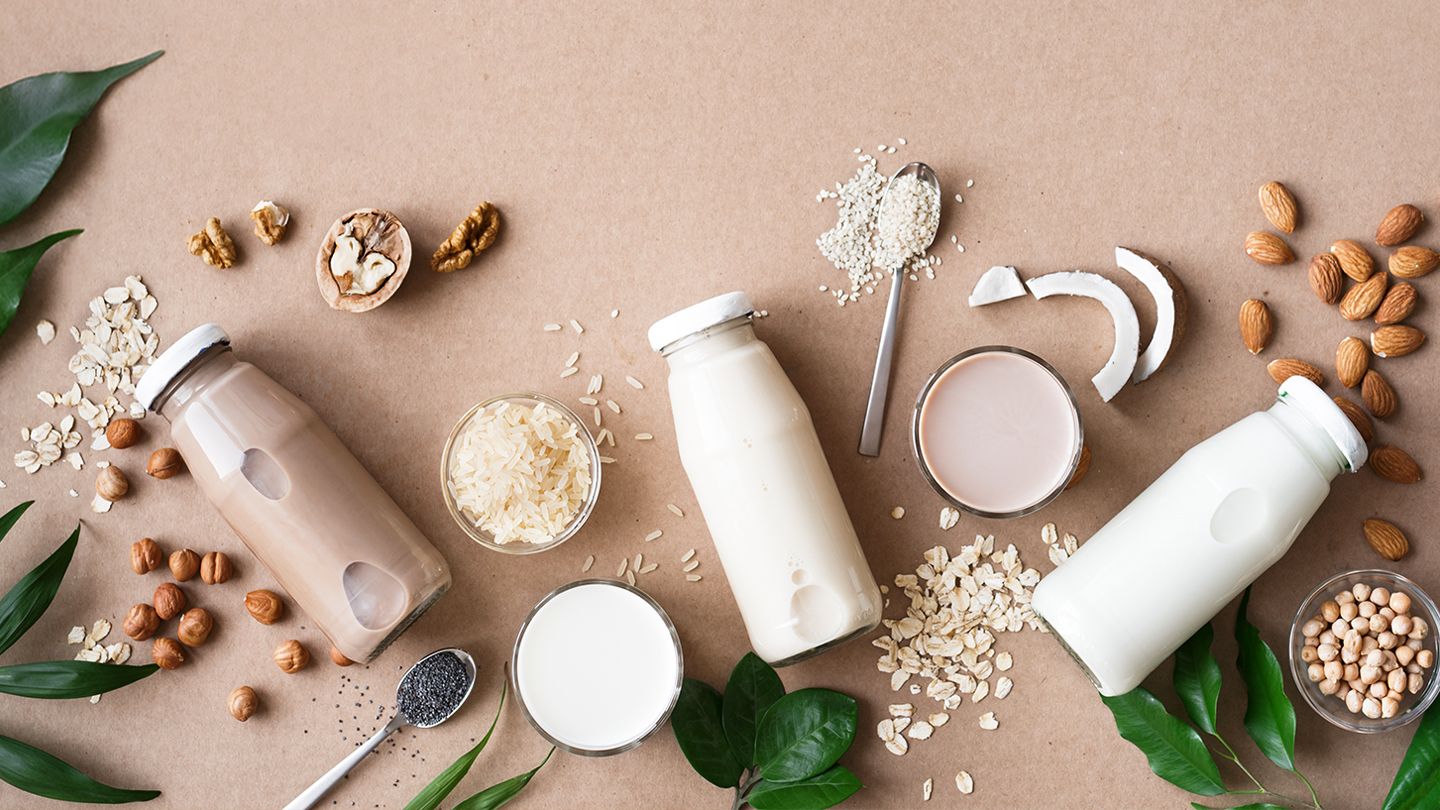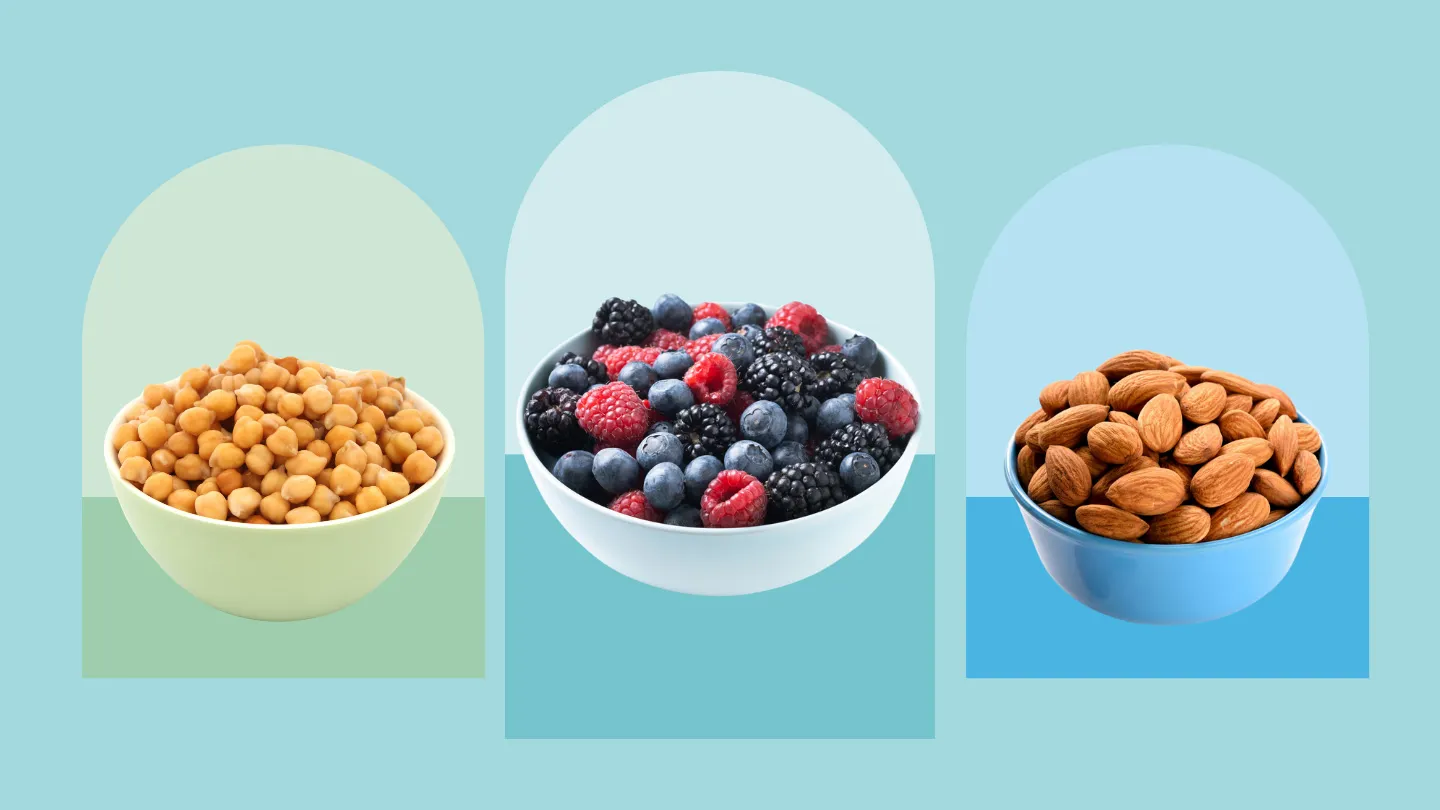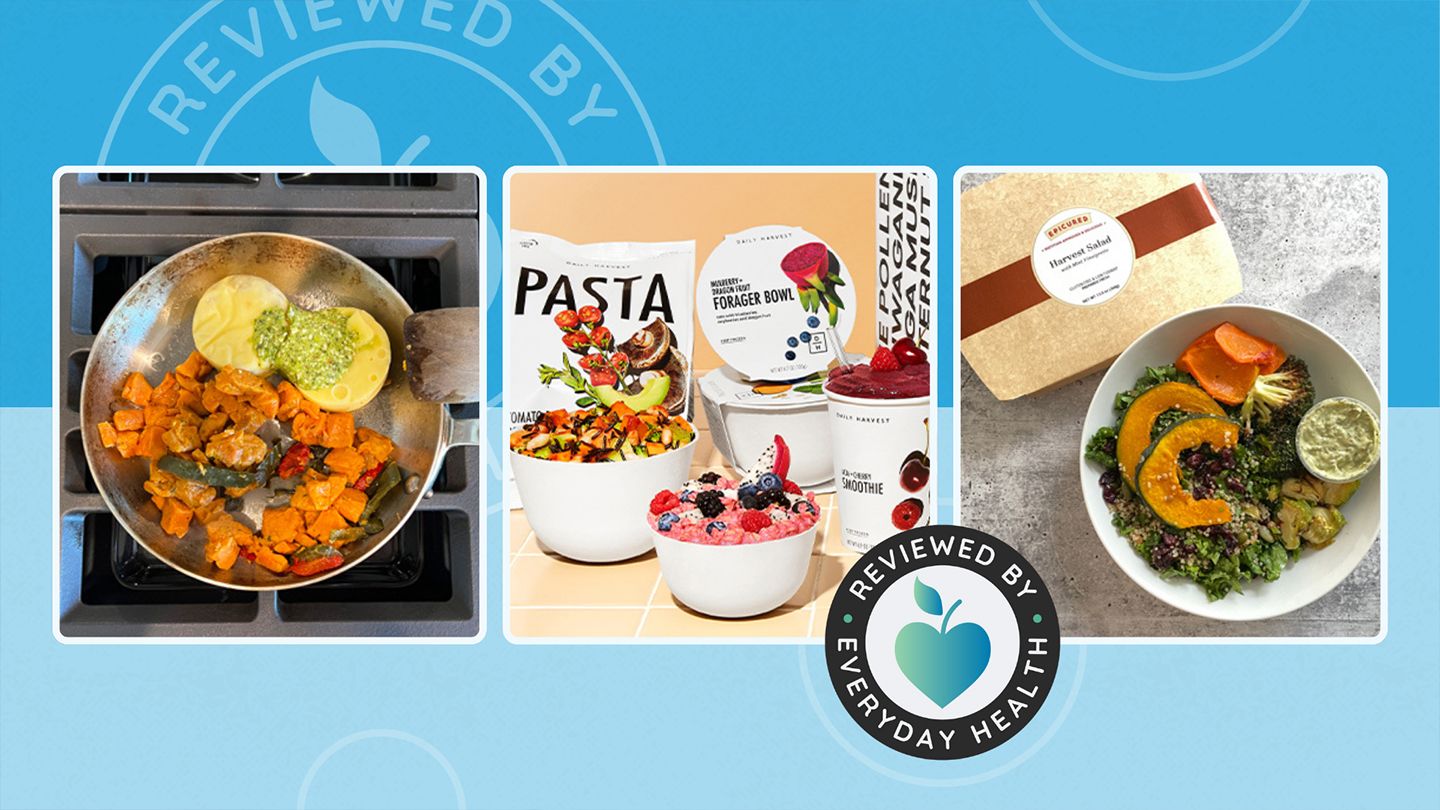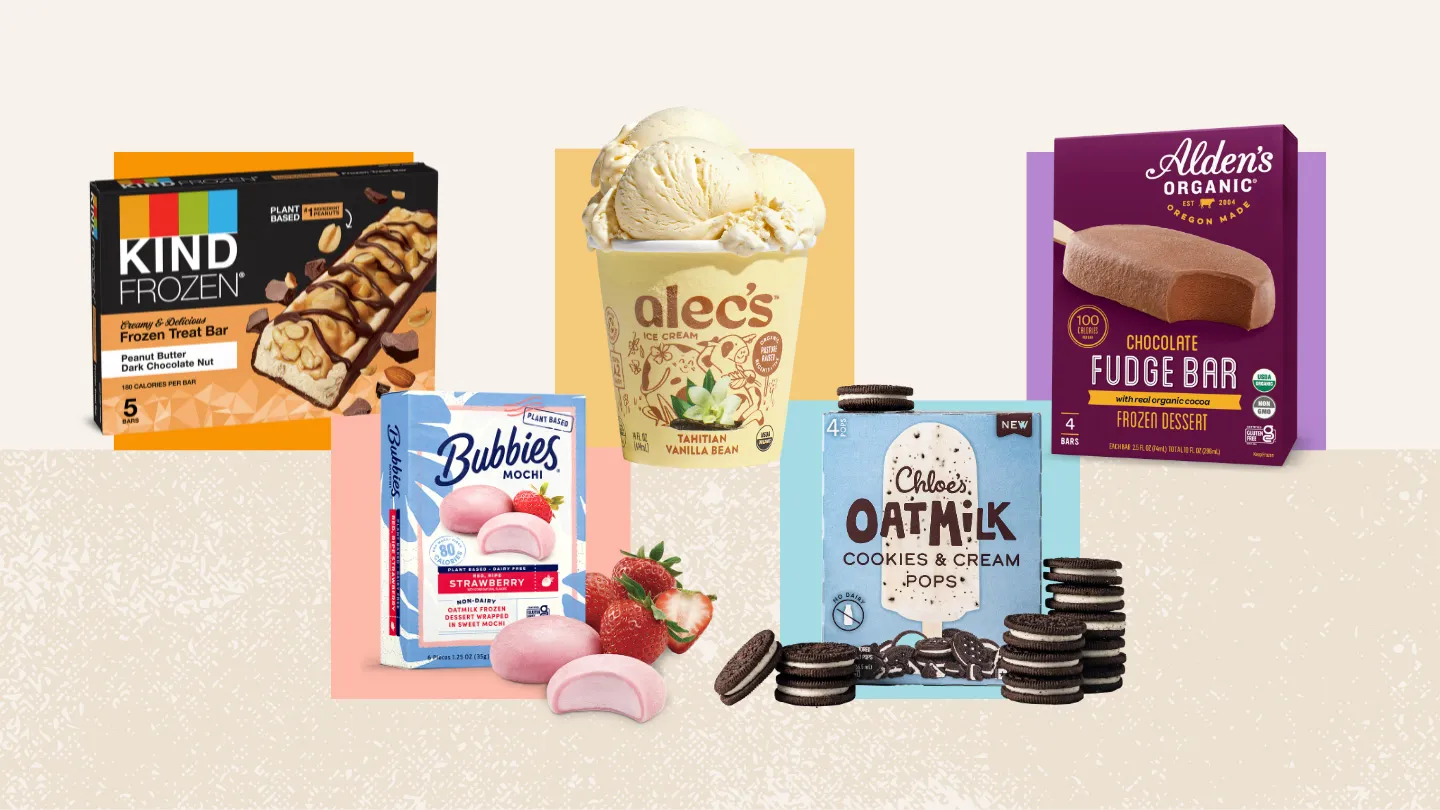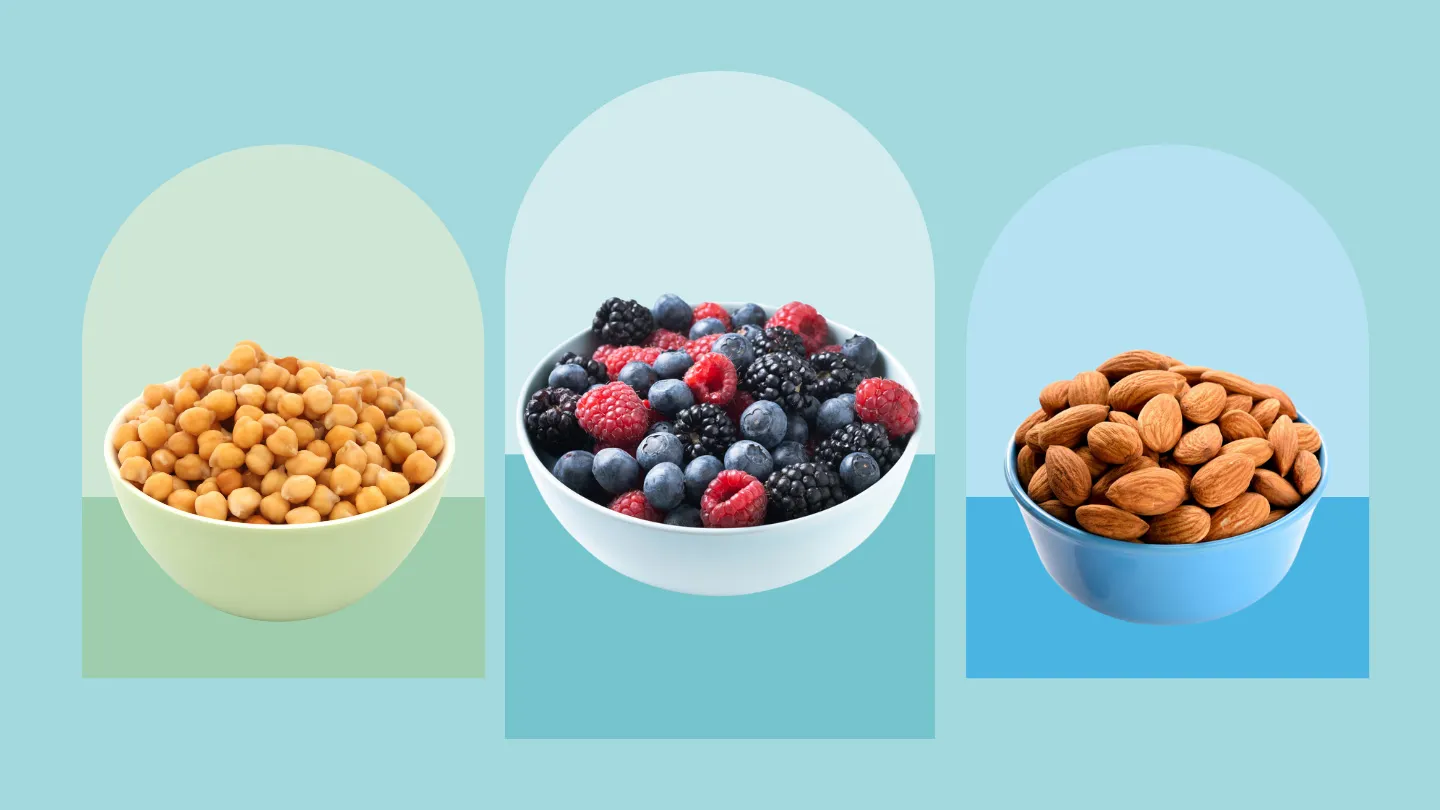Understanding Lactose Intolerance
Lactose intolerance is a common condition where people have difficulty digesting lactose, the natural sugar found in milk and dairy products. This occurs when the small intestine does not produce enough of the enzyme lactase needed to break down lactose during digestion.
The most common symptoms of lactose intolerance include bloating, abdominal pain, gas, diarrhea, and nausea after consuming dairy foods. The condition can develop at any age, but is more prevalent in certain ethnicities and adult populations.
When you have lactose intolerance, following a dairy-free or lactose-free diet can help manage your symptoms. This means avoiding traditional dairy foods like milk, cheese, ice cream, and yogurt that contain lactose.
Identifying Hidden Sources of Dairy
However, lactose can sometimes be found in unexpected grocery items as well. It's important to check ingredient labels closely to identify "hidden" sources of dairy and lactose.
For example, lactose is often added to processed meats, baked goods, salad dressings, soups, breakfast cereals, and even some supplements or prescription drugs. Soy protein isolates can also contain traces of milk proteins.
Choosing the Best Dairy Substitutes
Fortunately, advancements in specialized dairy alternatives have made it easier for those with lactose intolerance to avoid discomfort while still getting necessary nutrients.
The Best Protein Alternatives to Dairy
Most plant-based milks like soy, almond, coconut, oat, rice, or hemp milk are naturally lactose-free. Some brands will add calcium, vitamin D and other nutrients to better match the nutritional profile of dairy milk.
Yogurt alternatives can also be made from plant-based milks like soy or coconut. These dairy-free yogurts will have live active cultures without the lactose content.
Soy Foods and Beverages
Soybeans are considered one of the highest vegetable-based complete proteins. Soy contains all essential amino acids needed to support human health.
Tofu, tempeh, edamame beans, and soy meat substitutes can provide an easy protein boost. Soy milk tends to be higher in protein than other plant milks. Soy yogurts and soy-based cheese products are also available.
Legumes, Nuts and Seeds
Beans, lentils, chickpeas, nuts like almonds or walnuts, and seeds are naturally rich sources of plant-based protein without lactose concerns. These items can be easily incorporated into salads, snacks, meals or desserts.
Protein Powders
Hemp, pea, rice or soy protein powders are formulated to contain 15-30 grams of protein per serving. Adding these dairy-free protein powders to smoothies, oatmeal or baked goods can help enhance the protein quality of your diet.
Avoiding Lactose During Mealtimes
Making a few simple ingredient swaps and food prep adjustments allows you to avoid lactose while still enjoying flavorful, comforting recipes.
Use Plant-Based Milks
Substitute cow's milk with lactose-free plant milks in recipes like creamy soups, oatmeal, mashed potatoes, or baked goods. Opt for unsweetened varieties to avoid extra sugars.
Try Nut and Seed Butters
Almond butter, cashew butter or sunflower seed butter can provide creaminess and protein in place of regular butter or cream cheese on toast or bagels.
Boost Protein with Eggs or Meat
Scrambled eggs make a great dairy-free, high protein breakfast. Lean meats like chicken, turkey or grass-fed beef can also add protein to salads, grain bowls or stir-fries.
Avoiding Lactose in Desserts and Snacks
Just because you need to avoid lactose doesn't mean missing out on sweets. Plenty of delicious desserts and snacks can satisfy without the dairy.
Dark Chocolate
Opt for darker chocolates with 70% or higher cocoa content, as the higher the cocoa percentage, the lower the lactose. Many brands now produce quality dark chocolate bars made specifically for the dairy-sensitive.
Coconut Milk Ice Cream
Coconut milk blended with fruit makes a creamy, tangy vegan ice cream base. Try new ice cream flavors made with this tropical twist.
Fruit-Based Treats
Fresh fruits like berries, bananas, pineapple, or mangoes make simple, sweet treats perfect for lactose intolerance. You can also find dairy-free fruit pies, fruit bars, or other fruit-based desserts.
Whipped toppings and dairy-free ice creams made from coconut or almond milk give you options for lactose-free sundaes or banana splits.
Achieving a Healthy, Balanced Diet
Avoiding traditional dairy foods when you have lactose intolerance does not mean missing out on a healthy diet. With some simple substitutions, you can meet daily nutrition needs.
Focus on getting plenty of fruits, vegetables, lean proteins, whole grains, nuts and seeds. Stay hydrated by drinking water, herbal teas or alternative milks.
Take a daily multivitamin or calcium supplement if needed to help fill potential nutrient gaps left by eliminating dairy products. Work with a dietitian knowledgeable in lactose intolerance and food allergies if you need help balancing your diet.
With the many dairy-free options available today alongside fresh, wholesome foods, you can find delicious alternatives to enjoy while living comfortably with lactose intolerance.
FAQs
What foods naturally contain lactose?
Lactose is found in all dairy products derived from milk including yogurt, cheese, cream, butter, and ice cream. Even dairy byproducts like whey protein powder contain lactose.
What nutrients are found in dairy foods?
Milk products like yogurt and cheese provide protein, calcium, vitamin D, vitamin B12, potassium, phosphorus and riboflavin. Those with lactose intolerance need alternative sources of these nutrients in their diet.
Are all plant-based milks lactose-free?
Yes, milks made from soy, almond, oat, rice, coconut, and hemp contain no lactose so they are safe alternatives for lactose intolerance. Always check labels of dairy-free products to confirm they are lactose-free.
Can people with lactose intolerance ever consume dairy?
Some aged cheeses like cheddar and Parmesan contain little to no lactose so they may be tolerated in small amounts. Using lactase enzyme supplements can also help improve lactose digestion and tolerance levels for some individuals.
Disclaimer: This article is for informational purposes only and does not constitute medical advice. Always consult with a healthcare professional before starting any new treatment regimen.
Related Coverage
Goat cheese contains less lactose than regular cow's milk cheese, but isn't fully lactose-free. However, well-aged hard goat cheese contains almost no lactose....
For those avoiding dairy, delicious plant-based alternatives abound. Learn about nutritious and tasty soy, nut and coconut milks, cheeses, yogurts, ice creams....
Learn about the lactose content in different types of goat cheese and goat milk. Get tips for including goat cheese in a low-lactose or lactose-free diet....
Discover the best non-dairy cereal milk options for lactose intolerance including soy, almond, coconut, oat, cashew, hemp and rice milk plus recipes and diet tips....
If you have lactose intolerance, eliminating dairy can lead to nutritional gaps. Learn about the best milk substitutes, supplements to fill shortfalls, and how to eat dairy-free....
Explore the lactose content in buffalo milk and its suitability for individuals with lactose intolerance. Discover alternatives and tips for managing lactose intolerance....
Learn how lactose free and dairy free diets differ for managing lactose intolerance and milk allergies. Understand label reading tips and substitution options....
Want to know if you can eat buffalo mozzarella cheese on a lactose-free diet? Learn about the lactose content of buffalo mozzarella and how to add it to low lactose recipes....
Learn whether orange sherbet contains milk and lactose or if it's a dairy-free dessert option. Get info on dairy-free orange sherbet varieties for lactose intolerance....
Does buffalo mozzarella contain lactose? Learn about lactose in cheeses and discover low lactose dairy and vegan cheese substitutes for a lactose intolerance diet....
